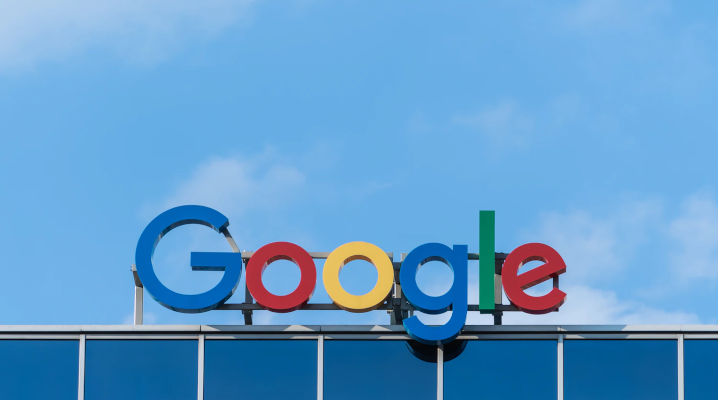 APPS
APPS
 APPS
APPS
 APPS
APPS
Earlier this month, Google LLC rolled out a new look for the desktop version of its search engine that makes organic results and ads more similar in appearance.
The tweak has now started drawing criticism from commentators who argue that it’s an attempt to drive users to click more ads.
Google’s interface change is a seemingly small one. Before, paid results were set apart from organic content by a green “Ad” tag and a link to the advertiser’s website that Google placed at the bottom of every promotion.
In the new interface, the “Ad” tag is no longer green and is located on the top right side of paid results instead of the bottom. Regular search results look almost exactly the same, except the “Ad” icon is replaced with the icon of the website to which the page belongs.

The criticism around the move was partially fueled by data and industry opinions published this morning in marketing trade outlet Digiday. Three marketing consultancies that talked with the publication had polled their clients about the impact of Google’s changes and two didn’t find a significant increase in ad click-through rates. But the third, NordicClick Interactive, reported click-through rates increased by a substantial 4% to 10.5% across four clients.
Other marketers who spoke to Digiday suggested that the diminished visual distinction between paid and organic Google results may lead to “banner blindness,” potentially causing users to click more ads than before. The Verge and TechCrunch likened the design to the so-called “dark patterns” used by deceptive websites to steer users artificially to a desired action.
The new look for Google ads is not entirely new. Google initially rolled out the redesign in May for the mobile version of its search engine, with the company saying at the time that the layout is meant to help users “better understand where the information is coming from and what pages have what you’re looking for.”
The interface tweak is one of several changes Google has made to its ubiquitous search engine in recent quarters. Not all of them proved as controversial. In October, for instance, the company deployed new natural-language processing models to better process hard-to-parse search queries that use a conversational style. Google said at the time that the models will boost result quality for about one in every 10 English-language queries made from the U.S.
Support our mission to keep content open and free by engaging with theCUBE community. Join theCUBE’s Alumni Trust Network, where technology leaders connect, share intelligence and create opportunities.
Founded by tech visionaries John Furrier and Dave Vellante, SiliconANGLE Media has built a dynamic ecosystem of industry-leading digital media brands that reach 15+ million elite tech professionals. Our new proprietary theCUBE AI Video Cloud is breaking ground in audience interaction, leveraging theCUBEai.com neural network to help technology companies make data-driven decisions and stay at the forefront of industry conversations.